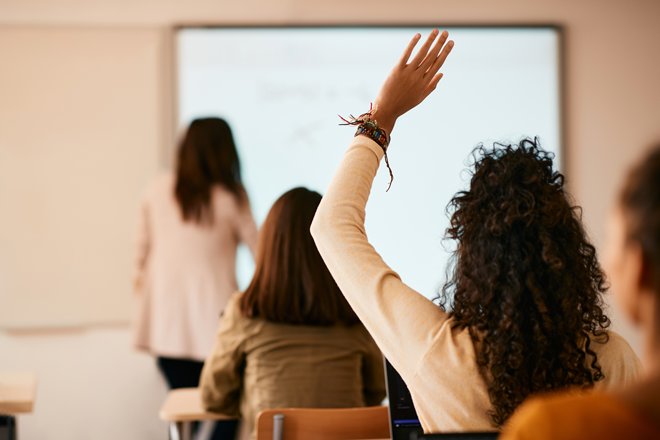Discover how a district coaching and online professional-development model supported implementation of an evidence-based classroom management program.
Coaching interventions to support teacher delivery of evidence-based instructional practices and enhance teacher-student relationships hold immense promise for the prevention of emotional and behavioral disorders. This symposium highlights the progression of coaching research, ranging from identifying intervention targets, an efficacy trial assesses program impact in controlled settings, to an effectiveness replication study focused on understanding … Continue reading Outcomes of an Effectiveness Replication study of BEST in CLASS for Young Children at Risk for Emotional and Behavioral Disorders in Early Childhood Settings
BEST in CLASS (Behavioral, Emotional, and Social Training: Competent Learners Achieving School Success) aims to support teachers in preventing and addressing preschool children’s challenging behaviors and building positive teacher-child interactions.
BEST in CLASS (Behavioral, Emotional, and Social Training: Competent Learners Achieving School Success) aims to support teachers in preventing and addressing preschool children’s challenging behaviors and building positive teacher-child interactions. The purpose of this effectiveness replication study was to examine the impacts of the BEST in CLASS Tier 2 teacher training and coaching model as … Continue reading Outcomes of an Effectiveness Replication study of BEST in CLASS for Young Children at Risk for Emotional and Behavioral Disorders in Early Childhood Settings
Our team works with state and local education agencies to select, implement, and evaluate programs that meet their high priority education needs. Whether you’re a school leader or teacher, an intervention developer, or a funder looking to invest in effective behavior management and socioemotional interventions, you’ll find a variety of benefits of partnering with us.
BEST in CLASS (Behavioral, Emotional, and Social Training: Competent Learners Achieving School Success) is an evidence-based Tier 2 intervention for children at-risk for emotional/behavioral disorders.
Discipline in the Secondary Classroom (DSC) is an effective program to help high school teachers design a classroom management plan that prevents problems, fosters student engagement, teaches students to behave responsibly, and creates a positive and productive classroom environment.
Increase teacher use of evidence-based classroom management practices using CW-FIT. Learn about how an innovative district coaching model and online professional development system can support coaching and teacher implementation in low resource settings.



